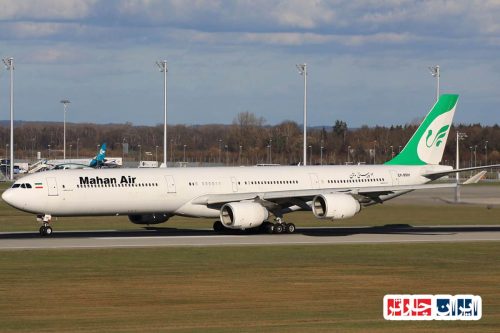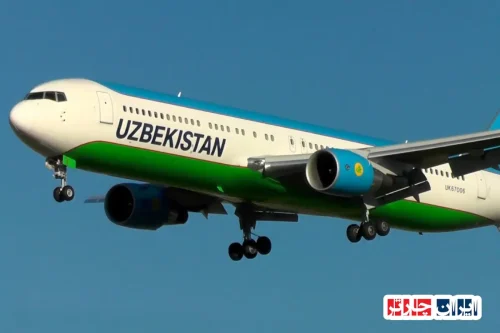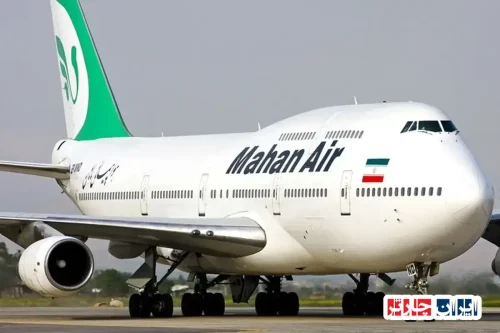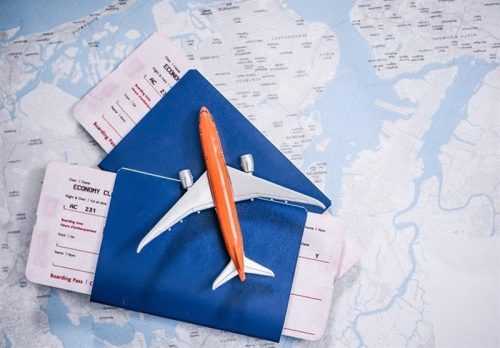Finding the right flight ticket can transform your travel experience, ensuring a smooth and enjoyable journey. This comprehensive guide will walk you through every step, from initial planning and smart searching to understanding hidden costs and managing your booking. By following these tips, you’ll be well-equipped to secure the best flight ticket for your next adventure, whether it’s a short domestic hop or an international long-haul flight.
Navigating the world of air travel requires a strategic approach, especially when it comes to securing an affordable and convenient flight ticket. This guide provides invaluable insights into optimizing your search, decoding pricing strategies, and making informed decisions that go beyond just the lowest price. Prepare to unlock the secrets to stress-free travel by understanding the nuances of booking your flight ticket, ensuring every detail is covered for a seamless journey.
Chapter 1: The First Steps to a Smooth Journey; Smart Planning and Searching
Effective travel begins with thoughtful planning and strategic searching for your flight ticket. Understanding the best practices can save you time and money.
The Importance of Early Planning and Date Flexibility
Booking your flight ticket well in advance often leads to better deals. Prices tend to rise as the departure date approaches, especially for popular routes. Being flexible with your travel dates, even by a day or two, can also significantly impact the price of your flight ticket. Consider flying mid-week instead of weekends, as these days often have lower demand.
Introduction to Price Comparison Websites and Their Differences
To find the most competitive flight ticket prices, utilize online travel agencies (OTAs) and flight search engines. Websites like Skyscanner, Google Flights, and Kayak allow you to compare prices across various airlines and booking platforms.1 Each platform may have slightly different inventory or pricing, so checking a few is always a good strategy. Understand that some OTAs might offer bundled deals, while direct airline bookings often provide more flexibility for changes.
Key Tips for Flight Search: Using Filters, Checking Direct and Indirect Flights, and the “Open-Jaw” Concept
When searching for your flight ticket, make full use of the available filters: airline preference, number of stops, and departure/arrival times. While direct flights are convenient, sometimes a connecting flight can offer a significantly cheaper flight ticket. Explore “open-jaw” flights, where you fly into one city and depart from another. This can be a great way to save money and maximize your itinerary, as it avoids backtracking.
Chapter 2: Hidden Secrets in Pricing; How to Find the Cheapest Ticket
Unraveling the mysteries of airline pricing can help you secure the most affordable flight ticket. Dynamic pricing means prices fluctuate constantly, so understanding these patterns is key.
Best Time to Buy a Ticket: Myths and Realities
While there’s no single “magic” day to buy a flight ticket, data suggests that Tuesdays, Wednesdays, and Thursdays often see slightly lower prices than weekends. This is due to airlines releasing new deals or adjusting fares. However, the most significant factor remains booking well in advance. Don’t fall for the myth that last-minute deals are always the cheapest; they are often the most expensive.
Impact of Weekdays, Seasons, and Special Events on Ticket Prices
The day of the week, season, and special events dramatically influence the cost of your flight ticket. Flying during off-peak seasons (e.g., late fall or early spring for many destinations) or avoiding major holidays will almost certainly result in a cheaper flight ticket. Large events like festivals or conferences can also drive up demand and prices, so research your destination’s calendar before booking.
Using “Dynamic Pricing” and Tricks to Counter It (e.g., Using Incognito Mode)
Airlines use sophisticated “dynamic pricing” algorithms that can adjust flight ticket prices based on demand, website visits, and even your Browse history. To counter this, try searching for your flight ticket in incognito or private Browse mode to prevent cookies from influencing the prices you see. Clearing your browser’s cookies can also be helpful. This ensures you’re seeing the freshest pricing, not inflated rates based on your previous searches.
Understanding and Using “Multi-City” and “Stopover” Flights for Savings
Don’t limit yourself to simple round-trip flight ticket bookings. “Multi-city” flights, where you visit several destinations on one ticket, can sometimes be cheaper than booking individual segments. Similarly, a “stopover” allows you to spend a day or two in a connecting city before continuing your journey. This can break up a long trip and offer additional sightseeing opportunities, potentially at no extra cost to your flight ticket.
Chapter 3: Beyond Price; Important Factors in Choosing the Right Flight
While cost is a major factor, other elements contribute to a comfortable and efficient travel experience when selecting your flight ticket.
Reviewing Airlines: Reputation, Service Quality, and Baggage Policies
Before finalizing your flight ticket, research the airline’s reputation for punctuality, customer service, and overall quality. Check reviews from other travelers. Crucially, understand their baggage policies for both carry-on and checked luggage. Baggage fees can quickly add to the overall cost of your flight ticket, so factor them in.
Importance of Flight Time, Layover Lengths, and Connections
Consider the flight times when booking your flight ticket. Early morning flights can be less prone to delays, while red-eye flights might save you a night of accommodation. Pay close attention to the length of layovers. Too short a layover risks missing your connecting flight, while excessively long ones can be tiring. Ensure sufficient time between connecting flights, especially for international transfers or if changing terminals.
Aircraft Type and Onboard Amenities (Seating, Entertainment, Food)
The type of aircraft can impact your comfort. Larger planes often offer more space and better amenities. Research the specific aircraft type for your flight ticket to see what kind of seating, in-flight entertainment, and meal service to expect. Some airlines offer complimentary meals and entertainment, while others charge extra, so consider these factors when comparing the total value of your flight ticket.
Visa and Travel Document Considerations for the Intended Destination
Before purchasing your flight ticket, always verify the visa requirements for your destination country based on your nationality. Some countries offer visa-free entry, while others require a visa obtained in advance. Ensure your passport has sufficient validity (usually at least six months beyond your planned return date) and enough blank pages for stamps. Neglecting these checks could render your flight ticket useless upon arrival.
Chapter 4: Buying Tickets: Important Tips and Common Mistakes to Avoid
The process of buying your flight ticket involves several critical steps where errors can lead to complications or extra costs. Pay close attention to the details.
Difference Between Buying Directly from an Airline and Through Online Agencies
You have two main options for purchasing your flight ticket: directly from the airline’s website or through an online travel agency (OTA). Booking directly with the airline often provides more flexibility for changes or cancellations and direct access to customer service. OTAs, while sometimes offering slightly lower prices, can add an extra layer of complexity if issues arise. Weigh the potential savings against the convenience and direct support.
Importance of Carefully Checking Passenger Information, Dates, and Airport Codes Before Final Confirmation
This is perhaps the most crucial step. Double-check all passenger names (ensuring they exactly match passports), travel dates, and airport codes before confirming your flight ticket purchase. A small typo can lead to significant fees for corrections or even invalidation of your flight ticket. Mistakes in airport codes can send you to the wrong city. Take your time during this final review.
Understanding Hidden Costs: Taxes, Fees, and Additional Charges (e.g., Seat Selection or Excess Baggage)
The initial price you see for your flight ticket isn’t always the final price. Be aware of hidden costs like taxes, airport fees, and surcharges. Many airlines also charge extra for services like seat selection, checked baggage, or in-flight meals. Always review the “total price” breakdown before confirming your booking to avoid unpleasant surprises and ensure your flight ticket fits your budget.
Familiarity with Travel Insurance and Its Importance in International Travel
Consider purchasing travel insurance, especially for international trips. While it’s an added cost to your flight ticket, it can provide crucial protection against unforeseen circumstances like flight cancellations, lost luggage, medical emergencies, or trip interruptions. Understanding what your policy covers can save you a significant amount of money and stress if plans go awry.
Chapter 5: After Purchase; Ticket Management and Flight Preparation
Once your flight ticket is purchased, managing your booking and preparing for your flight ensures a smooth experience from departure to arrival.
How to Check Flight Status and Receive Up-to-Date Information
Stay informed about your flight’s status. Most airlines offer online flight trackers where you can check for delays, cancellations, or gate changes by entering your flight ticket number or flight details. Sign up for flight alerts via SMS or email directly from the airline to receive real-time updates. This proactive approach helps you react quickly to any last-minute changes.
Online Check-in Methods and Saving Time at the Airport
Utilize online check-in whenever possible. Most airlines allow you to check in online 24 to 48 hours before your flight. This enables you to choose your seat, get your boarding pass digitally, and often skip the long queues at the airport, especially if you only have carry-on luggage. If you have checked bags, online check-in still saves time as you can often use a dedicated bag drop-off counter.
Familiarity with Carry-on and Checked Baggage Rules
Reconfirm the airline’s specific rules for both carry-on and checked baggage for your flight ticket. Pay attention to size and weight limits for carry-on items to avoid last-minute issues at the gate. For checked luggage, understand the weight allowances and any restrictions on certain items. Adhering to these rules prevents unexpected fees and ensures a smoother boarding process.
Managing Flight Changes and Cancellations: Passenger Rights and How to Follow Up
Understand your rights as a passenger in case of flight changes or cancellations. If your flight is significantly delayed or canceled, airlines usually have obligations to offer rebooking, refunds, or compensation, depending on the circumstances and regulations. Familiarize yourself with these policies before travel. Keep all documentation related to your flight ticket and any communication with the airline to facilitate any claims or inquiries.
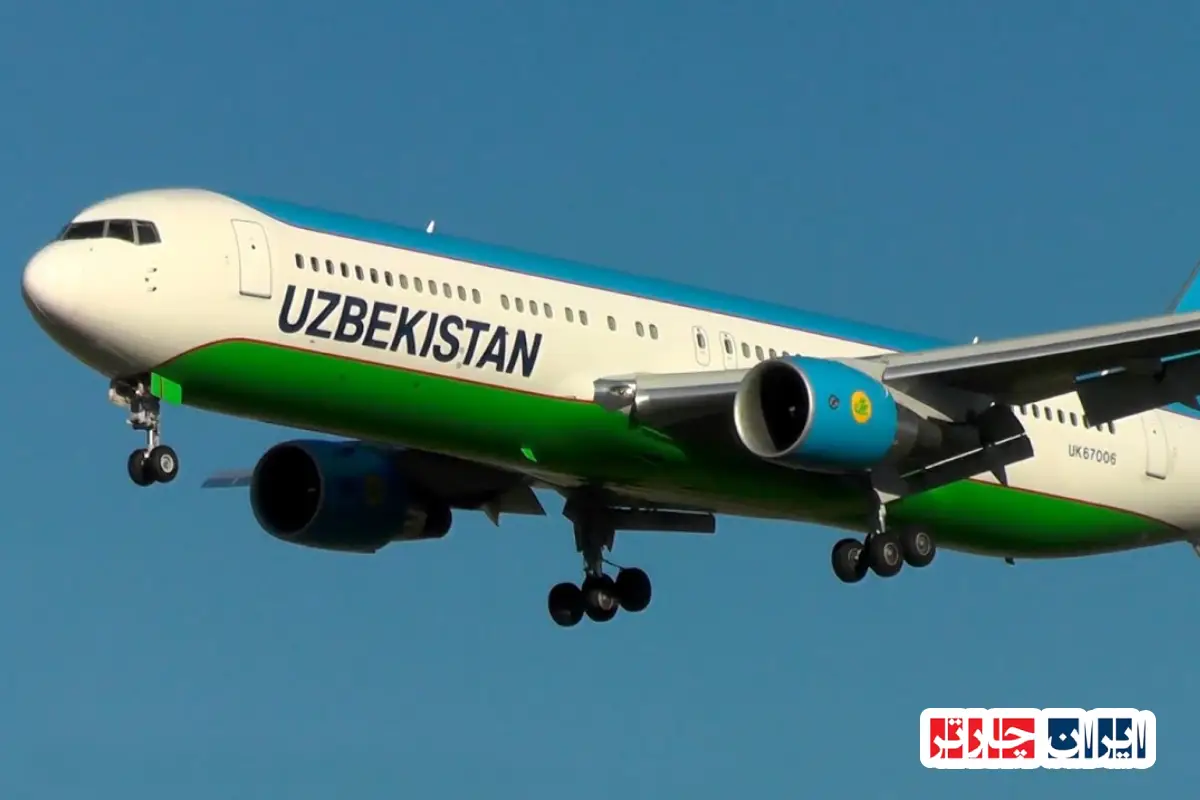
FAQ
1. When’s the best time to book international flights?
The best time to book is usually 2-3 months in advance for international flights. Prices tend to go up closer to the departure date, especially for popular routes and peak seasons.
2. How can I find the cheapest international flights?
Be flexible with your travel dates and times. Tuesdays, Wednesdays, and Saturdays are often cheaper for departures. Also, consider flying into or out of smaller, alternative airports near your destination. Using flight comparison websites helps a lot.
3. What documents do I need for international travel?
You’ll definitely need a valid passport, and most likely a visa for your destination country. Check the specific entry requirements for your nationality and destination well before your trip.
4. What’s the typical baggage allowance for international flights?
Baggage allowance varies by airline and fare class. Usually, you’re allowed one checked bag (around 20-23 kg or 44-50 lbs) and one carry-on bag. Always check your specific airline’s policy before packing.
5. Can I change or cancel my international flight ticket?
It depends on the ticket type and airline policy. Cheaper economy or basic fare tickets often have high change/cancellation fees or are non-refundable. More flexible tickets allow changes, sometimes for a fee. Always read the fare rules carefully before purchasing.
6. Is it better to book a round-trip or two one-way international tickets?
Generally, round-trip tickets are more economical for international travel. Booking two separate one-way tickets can sometimes be more expensive, though there are exceptions with budget airlines or specific routes.
7. How do I deal with layovers when booking international flights?
When booking, check the layover duration. Short layovers (under 1 hour) can be risky for connections, while very long ones (over 10-12 hours) might be tiring. Some airlines offer stopover programs for extended layovers, letting you explore the city.
8. Should I buy travel insurance when booking international flights?
It’s highly recommended to buy travel insurance. It can cover unexpected events like flight cancellations, lost luggage, medical emergencies, and trip interruptions, saving you significant costs and stress.
9. What’s the deal with “hidden city” ticketing or “throwaway ticketing”?
These are strategies where you book a flight with a layover at your actual destination and then skip the final leg. While sometimes cheaper, airlines generally prohibit this practice and can penalize you by canceling return flights, revoking frequent flyer miles, or even charging the fare difference. It’s usually best to avoid it.
10. How do I know if I’m getting a good deal on an international flight?
Compare prices across multiple booking sites and airline websites. Use price alerts that notify you when fares drop for your desired route. Look at historical price trends for the route if available, and consider if the included services (baggage, seat selection) justify the price.


